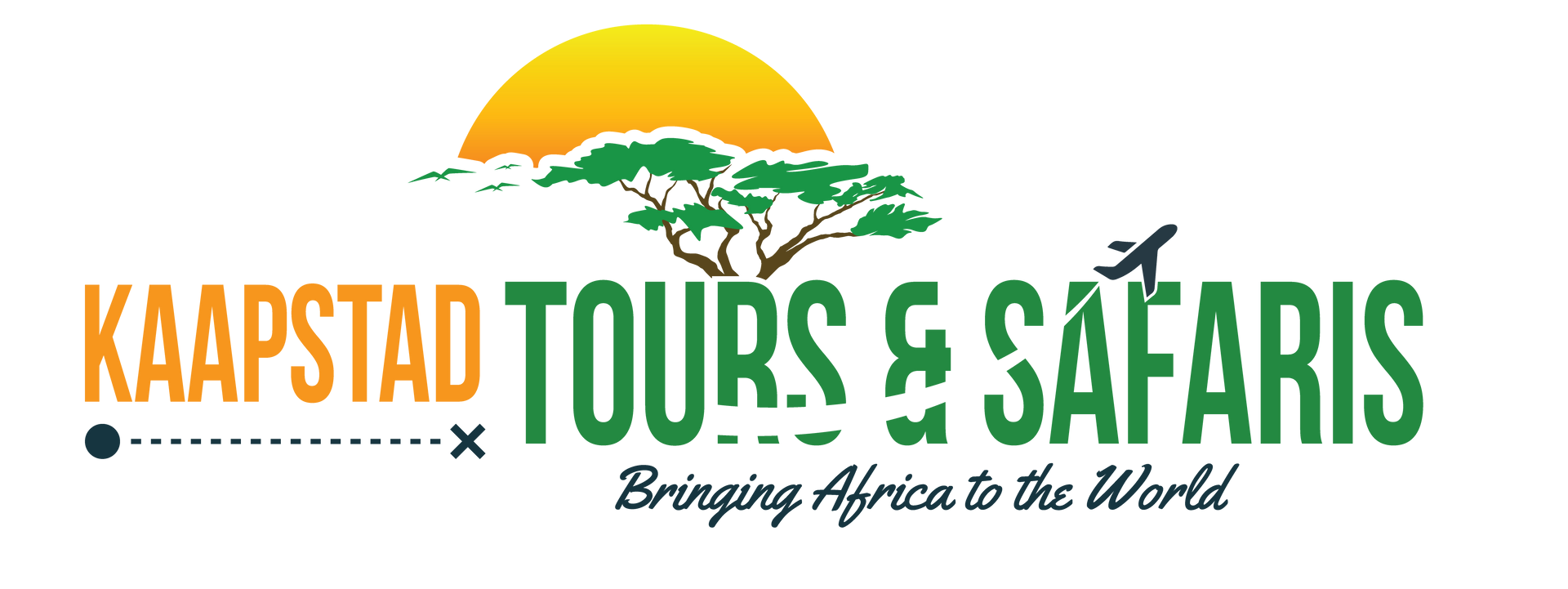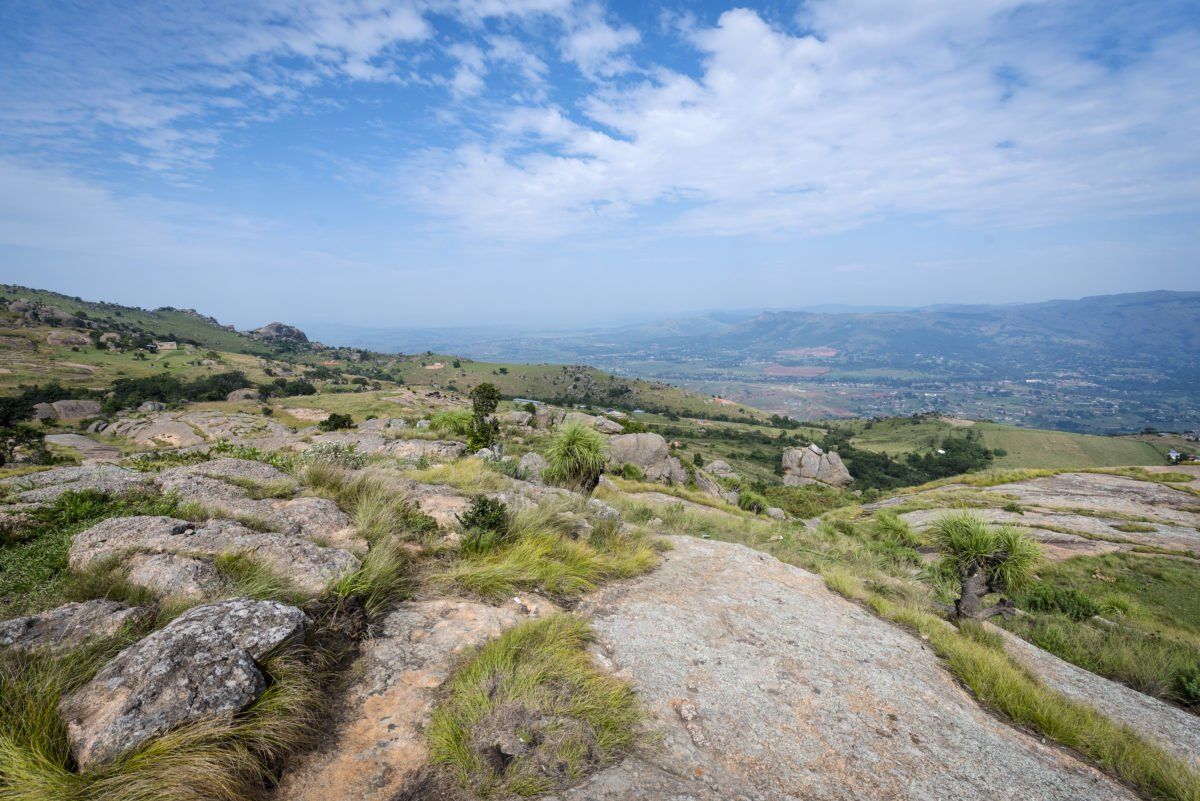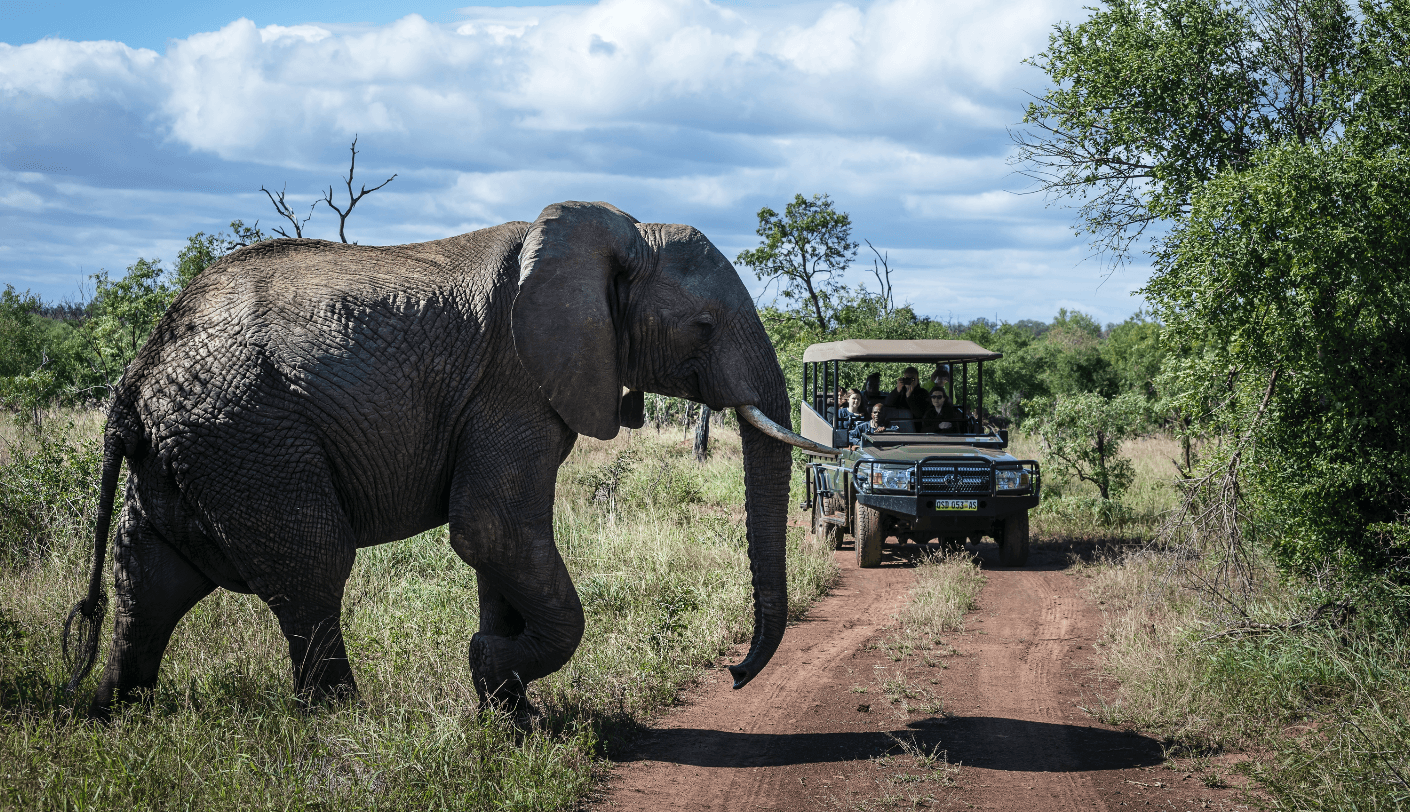eSWATINI
LANDSCAPES AND CULTURE
eSwatini (former name Swaziland): this small kingdom is fully surrounded by South Africa. Travellers go often through the country on their way to Kruger National Park or to KwaZulu-Natal. Especially the Ezulwini Valley region, south of the capital Mbabane, is very popular.
With an area of just over 17,000 km², The Kingdom of eSwatini is the smallest country in the southern hemisphere (comparable to the size of Wales in the United Kingdom, and the state of New Jersey in America). Swaziland covers an area of approximately 193 kilometres from north to south, and 145 kilometres from east to west. Small as it may be, Swaziland is an exciting tourist destination with its art and craft outlets and traditional markets and wildlife reserves. eSwatini is famous for it’s vibrant art and culture. Colourful arts and crafts are available at a wide variety of local markets.
This small kingdom is fully surrounded by South Africa. Travellers go often through the country on their way to Kruger National Park or to KwaZulu-Natal. Especially the Ezulwini Valley region, south of the capital Mbabane, is very popular.
With an area of just over 17,000 square kilometres, The Kingdom of Swaziland is the smallest country in the southern hemisphere (comparable to the size of Wales in the United Kingdom, and the state of New Jersey in America). Swaziland covers an area of approximately 193 kilometres from north to south, and 145 kilometres from east to west. Small as it may be, Swaziland is an exciting tourist destination with its art and craft outlets and traditional markets and wildlife reserves. Swaziland is famous for it’s vibrant art and culture. Colourful arts and crafts are available at a wide variety of local markets.


